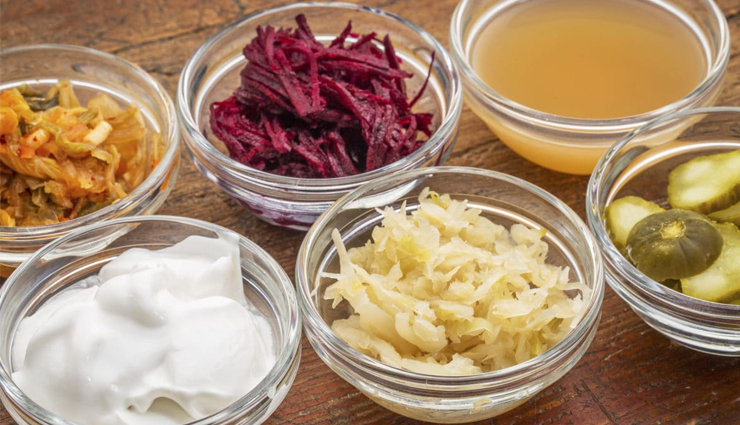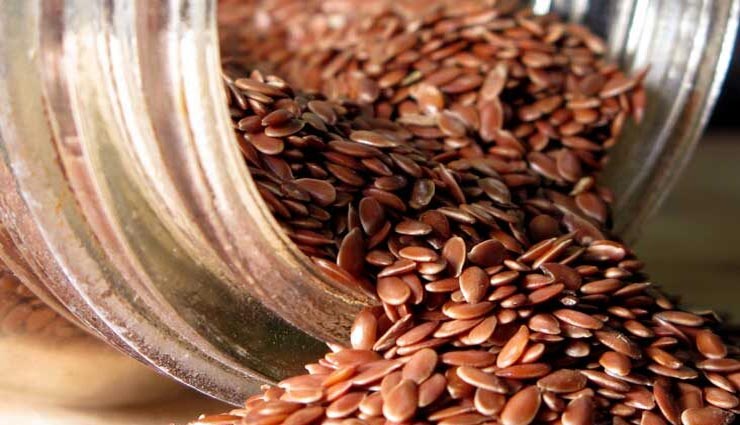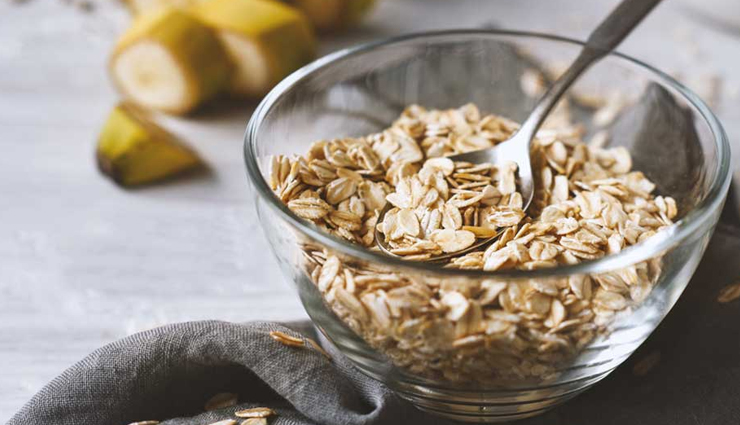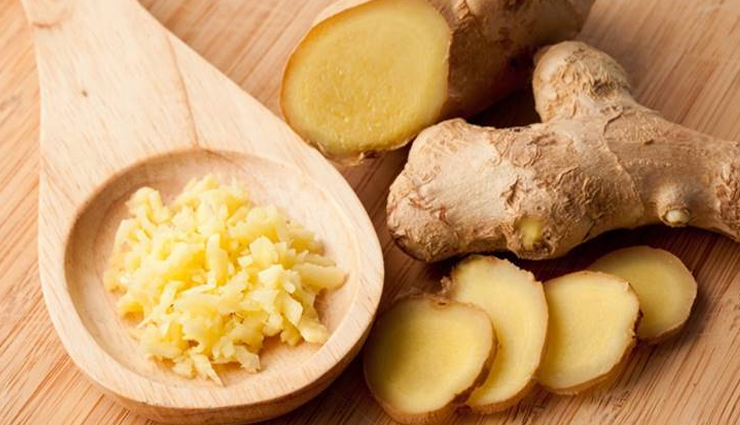- Home›
- Healthy Living›
- 6 Home Remedies To Help You Manage Irritable Bowel Syndrome (IBS)
6 Home Remedies To Help You Manage Irritable Bowel Syndrome (IBS)
By: Kratika Maheshwari Mon, 22 Aug 2022 10:53:50

Irritable Bowel Syndrome or IBS refers to a collection of digestive problems that occur because the large intestine does not function properly. While this condition can cause a lot of gastrointestinal distress, it is unlikely to cause any real physical damage to the digestive tract. IBS has no definite cause or cure but can be managed through a combination of lifestyle, dietary, medical, and psychological or behavioral interventions.
The type and severity of IBS symptoms may vary from patient to patient, so you will have to work with your doctor to come up with a treatment plan that suits your individual concerns. You may have to experiment with a variety of treatment modalities to find the one that works for you.

# Use peppermint
Peppermint oil (PO) is effective in the management of IBS symptoms as it has anti-infective, anti-inflammatory, and carminative functions.
Peppermint contains menthol oil (L-menthol), which has an antispasmodic effect on the smooth muscles of the digestive tract. This helps relieve IBS symptoms such as bloating, cramping, diarrhea, gas, pain, and intestinal spasms.
Consult your healthcare provider for PO supplements and dosage, or naturally supplement your diet with peppermint tea.

# Consume probiotics
Probiotics refer to friendly strains of live bacteria that produce lactic acid, which helps in the elimination of harmful bacteria in the body.
Probiotic foods such as fermented milk yogurt may help improve bowel motility.
However, further research is required to establish the exact mechanism by which probiotics may facilitate the passage of stools and reduce the digestive discomfort in patients with IBS.

# Consume flaxseed
Flaxseed is a good source of both soluble and insoluble dietary fibers required for the swift passage of waste products.
Flaxseed is also replete with omega-3 fatty acids that help embolden your body’s natural defenses and improve your digestive functioning.
How to use: Consume flaxseeds orally or include flaxseed oil in your diet.

# Include oats in your diet
Soluble fiber forms mucilage, a gel-like substance that makes the stool soft. Insoluble fiber adds bulk to the feces.
Eating oat bran daily can supplement your body’s fiber requirement and reduce the severity of IBS symptoms.
Besides, in comparison to barley, rye, and wheat, oats have lesser quantities of prolamins. Prolamins are components in gluten that make the patients more susceptible to toxicity.

# Drink chamomile tea
Chamomile can reduce inflammation in the intestines, relieve abdominal spasms, and internally soothe the symptoms of gastrointestinal ailments.
This is because the extracts of chamomile flowers contain wound-healing, anti-inflammatory, and antispasmodic properties.

# Consume ginger
Ginger has a carminative effect and can reduce gas and bloating. Its effect lacks much scientific explanation, but ginger is often recommended for the management of symptoms of IBS.
A component in ginger known as gingerol has analgesic, antibacterial, antiemetic, and sedative properties. It offers certain psychological benefits as well. Ginger may also decrease pain and improve gut motility.





